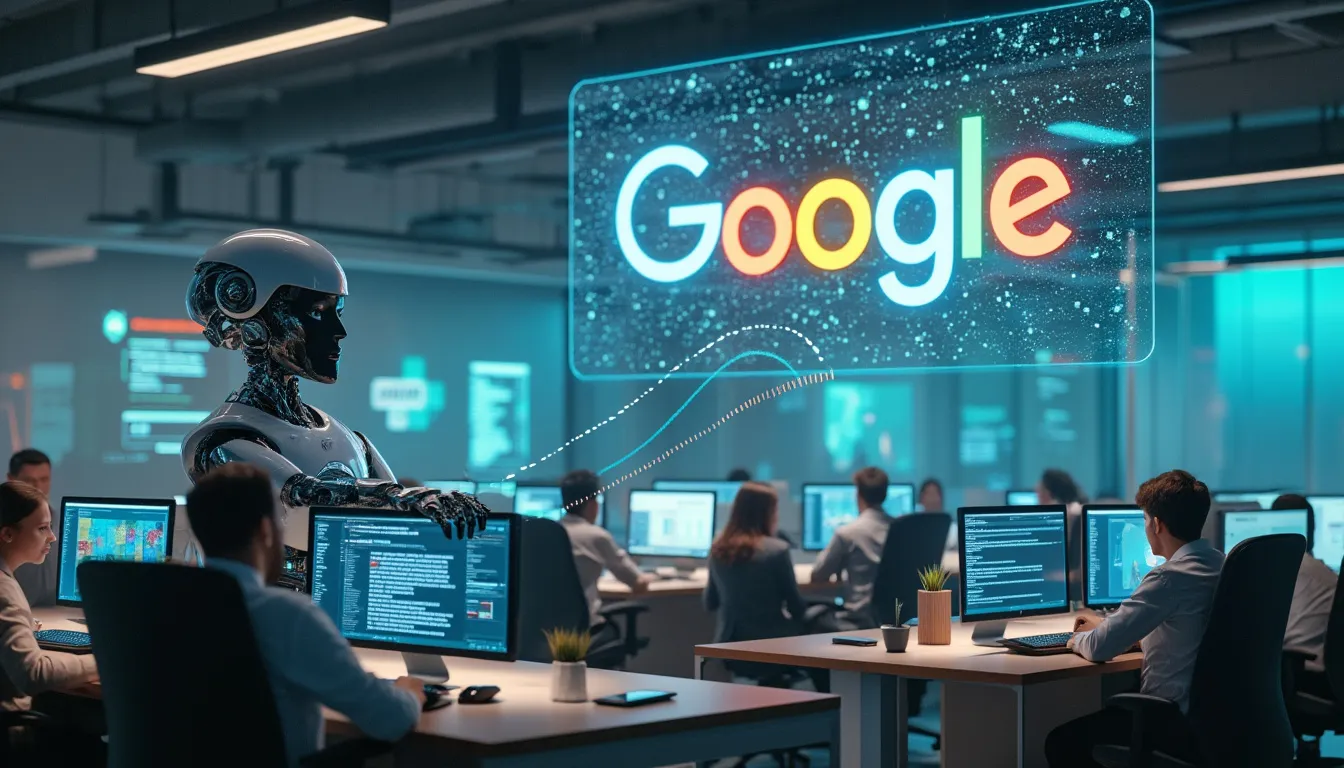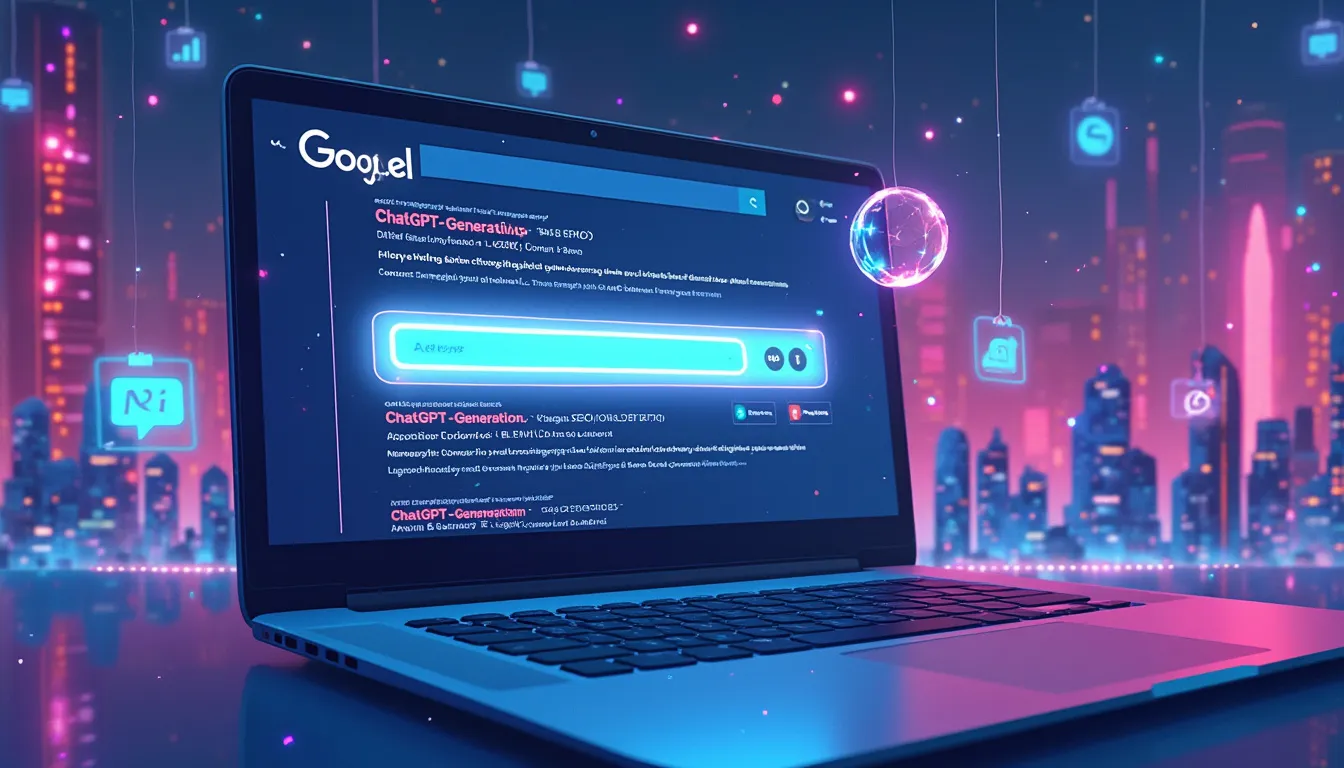Is AI Writing Harmful to SEO Strategies?
In the digital age, content is king, and search engine optimization (SEO) is its throne. But as artificial intelligence (AI) rises to prominence, a pressing question emerges: is AI writing bad for SEO? Let’s delve into the potential impacts and intricacies of AI-generated content on SEO strategies.
Understanding AI Writing
AI writing refers to the use of machine learning algorithms to generate content that mimics human writing. These tools can produce articles, blogs, and social media posts in seconds, offering efficiency and consistency that human writers sometimes struggle with. However, while AI writing can be helpful, it’s essential to weigh its effects on SEO.
AI Writing: The Pros and Cons
Benefits of AI Writing
- Efficiency: AI can quickly generate large volumes of content, greatly enhancing productivity.
- Cost-Effectiveness: Automation reduces labor costs associated with content creation.
- Consistency: AI maintains a consistent tone and style, which is ideal for brand coherence.
Drawbacks of AI Writing
- Lack of Creativity: AI can struggle with creativity and producing original ideas, which can lead to monotonous content.
- Contextual Errors: AI may miss context, resulting in inaccuracies or irrelevant information.
- Potential for Plagiarism: AI tools might inadvertently produce content similar to existing web material.
AI Writing and SEO: A Complex Relationship
To determine is AI writing bad for SEO, we must consider how search engines evaluate content. Search engines like Google prioritize quality, relevance, and originality when ranking web pages. Here’s how AI writing can affect these factors:
Quality of Content
While AI-generated content can mimic human language, its quality often depends on the input data and algorithms used. If the AI lacks nuanced understanding, the outcome could be poor-quality content that search engines are likely to penalize.
Relevance to User Intent
AI writing tools can efficiently generate keyword-rich content. However, stuffing articles with keywords without context undermines user intent and diminishes relevance, which is a key SEO metric.
Originality Concerns
Uniqueness is a cornerstone of effective SEO. AI-generated content risks being flagged for duplication or lacking originality, which could negatively impact search engine rankings.
How to Use AI Writing Wisely
To avoid potential SEO pitfalls, businesses should adopt a strategic approach to AI writing. Here are a few tips:
- Blend Human and AI Insight: Use AI for initial drafts or idea generation, but integrate human expertise for editing and crafting engaging narratives.
- Focus on Quality Control: Regularly review AI-generated content to ensure accuracy, relevance, and engagement.
- Stay Updated: Keep abreast of search engine algorithms and adapt AI usage accordingly to maintain alignment with SEO best practices.
Conclusion
So, is AI writing bad for SEO? The answer is nuanced. AI writing, when used wisely, can complement existing SEO strategies by increasing efficiency and consistency. However, over-reliance on AI without proper oversight can lead to issues with content quality, relevance, and originality. As the digital landscape evolves, the key to success lies in balancing AI capabilities with human creativity and insight.




